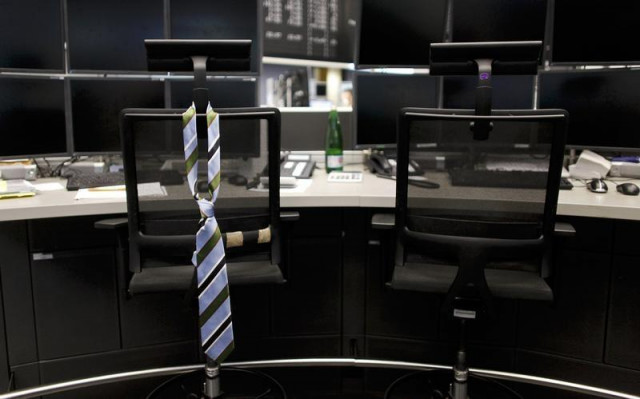The rise of anti-intellectualism
Slave mindset is indeed toxic — especially when we are slaves of our own ego

PHOTO: REUTERS
But my point today is not embarrassing interviews of individual ministers (though that remains a near permanent problem). It is about the lack of coherent, thoughtful, robust and scientifically rigorous engagement from the government where the whole cabinet demonstrates knowledge and responsibility and is able and willing to yield the space to medical, epidemiological and public health experts. The last few weeks have seen a sudden and sharp rise in hubris and anti-intellectualism that is detrimental to our short and the long-term development.
My biggest worry came when about a week ago, in the halls of the national assembly — the Minister for Planning (who is supposed to be among the more intellectually minded in the cabinet) stood and argued that putting faith in the modelling study done by Imperial College was a sign of our slave-mindset. “Goray ki ghulami” (slave of the white man) is the term that he used. This attitude — more than any other comical interview — is what is going to hurt us. The right approach is not to dismiss what one doesn’t like by name calling, but by rebutting it with substance, arguments and facts. If the study done by Imperial College is incorrect, the government ought to publish its own study and model. It should lay out its own analysis, present its hypotheses and let the experts debate and scrutinise. No such model by the government has been published with full transparency. By suggesting that those who put stock in the study of an exceptional and well-regarded institution are suffering from a colonial hangover demonstrates how weak our own arguments are. When the so-called intellectuals in the government make such claims, it is no surprise that the rest of the cabinet is quite happy saying that 19 in Covid-19 is about a list for each country.
The planning minister then went on to say that Pakistan’s scientists are world class and that they do not need models from Imperial College. That is unfortunately also not true. Pakistan’s scientists can be world class, but they are not there yet. Some very few are very good, but most are really nowhere on the quality of research map. Pakistani institutions are weak, the research quality is sub-par and public sector investment in science is pathetic. And for as long as we continue to dismiss Imperial College’s study purely on where the university is located, our science will continue to suffer miserably.
Countries have to realise that the notion of their exceptionalism is out of date. Each country has a lot to contribute and a lot to learn. Learning requires humility, not hubris. Slave mindset is indeed toxic — especially when we are slaves of our own ego.
Published in The Express Tribune, June 23rd, 2020.
Like Opinion & Editorial on Facebook, follow @ETOpEd on Twitter to receive all updates on all our daily pieces.















COMMENTS
Comments are moderated and generally will be posted if they are on-topic and not abusive.
For more information, please see our Comments FAQ